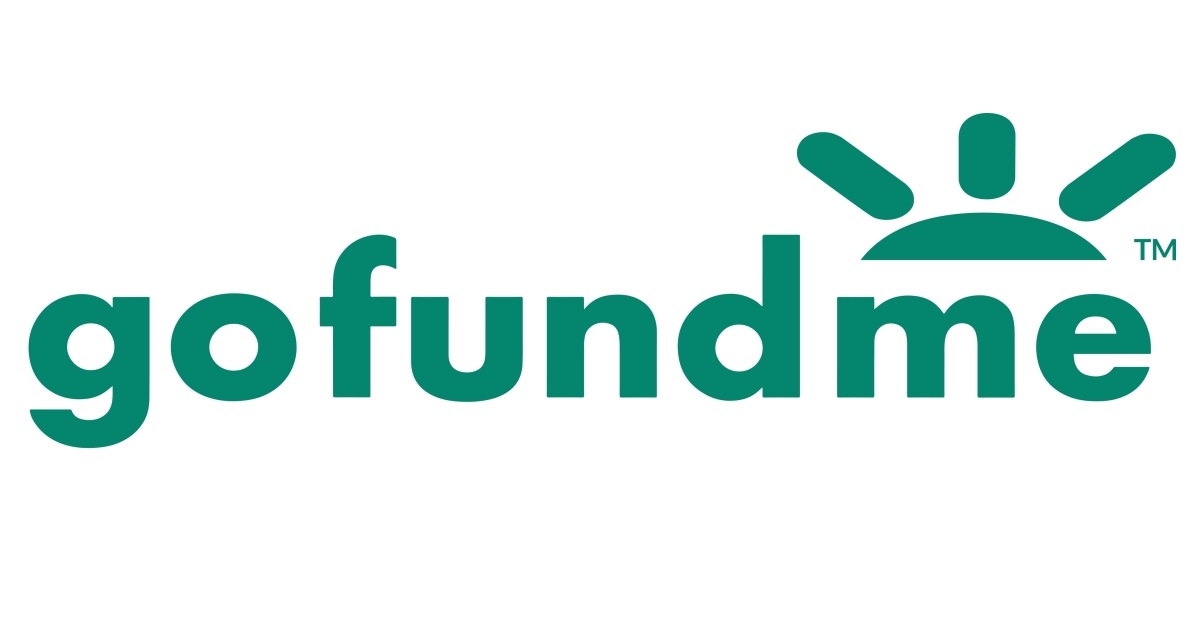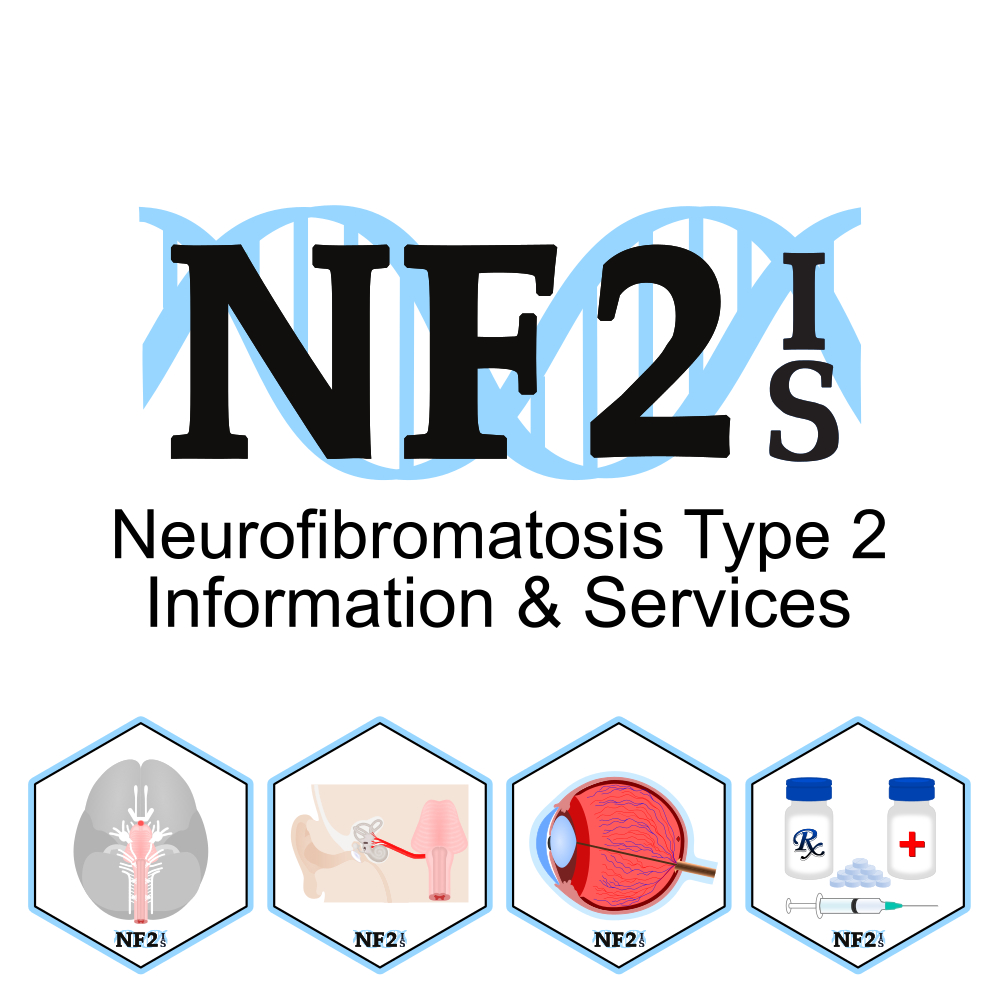Home > Fundraising For NF > NF Charities >
NF2 BioSolutions

Table of Contents
- Status: Phase 1 trial Available Soone
- Mission
- Vision
- Gene Addition
- Gene Replacement
- Suicide Gene
- Bacteriology-immunotherapy
- Gene Addition
- Gene Replacement
- Suicide Gene
- Bacteriology-immunotherapy
- NF2 BioBank
- Ependymoma Mice Model
NF2 BioSolutions: Supporting Gene Therapy Research for Neurofibromatosis Type 2 (NF2).
Status
Non-Profit - Charity
Mission
We are a non-profit organization seeking a cure or preventative treatment for NF2 by vigorously supporting and advancing existing and next-generation biomedical technologies, such as gene therapy and immunotherapy; this could include sponsorship of research and development of therapies.
Vision
"We envision a world where those living with NF2 will have access to cutting-edge solutions to live full and productive lives, free from daily physical and emotional pain or suffering."
Research Plan As of: 6-17-25
- Gene Addition
- Gene Replacement
- Suicide Gene
- Bacteriology-immunotherapy
- NF2 BioBank
- Ependymoma Mice Model
1. Gene Addition
Dr. Meyer's lab, Abigail Wexner Research Institute, Nationwide Children's Hospital (Columbus, OH)
NBS funded the pre-clinical NF2 gene addition effort at the Meyer's lab in 2019. The Meyers lab is a top gene therapy lab. The team includes Dr. Meyer and three researchers, including Krizelle Alcantara, who also sits on the NBS scientific advisory board.
Progress so far includes the design and manufacture of several viral constructs. A healthy copy of the NF2 gene inserted into the cells of NF2 patients to restore the NF2 gene protein product Merlin. If Merlin is absent, the result is tumor growth in the nervous system. The next step is to insert these viral vectors in NF2 mouse models at two different NF2 labs. Current progress includes testing on wildtype mice, and work continues on the development of a knock-out mouse model. As well as work on mouse xenografts.
2. Gene Replacement
Dr. Flotte' s lab, University of Massachusetts (Worcester, Massachusetts)
NBS introduced the NF2 disorder challenge to Dr. Mueller who decided to launch a pre-clinical NF2 gene replacement research approach. University Dean Dr. Terry Flotte took over the project. Postdoc Dr. Katharina Meijboom is designing the viral vectors that will silence the mutated NF2 gene and add a healthy copy. The vectors are being produced for testing on NF2 mice models. This research program is partially funded by NF2 BioSolutions, NF NorthEast, NF Michigan.
3. Suicide Gene
Dr. Brenner's lab, Mass. General Hospital/Harvard Medical School (Boston)
NBS is supporting the lab and research of Dr. Gary Brenner, which aims to accelerate the translation of their gene therapy to clinical trials. Experiments in NF2 mice models have demonstrated the efficacy of the therapy in destroying schwannomas. The team led by Dr. Brenner has designed a gene therapy strategy that uses an adeno-associated (AAV) viral vector that expresses the "cell death" gene ASC (apoptosis-associated speck-like protein containing a CARD - caspase recruitment domains) to attack the mutated Schwann cells that cause the tumors in NF2. Negotiations were in progress to license this technology to a biotech company for development of the therapy and progression to clinical trials. The negotiations fell through, however NBS has identified a better vehicle to deliver the suicide gene call Lipid Nanoparticles or LNPs.
4. Bacteriology-immunotherapy
Dr. Brenner's lab & Dr. Mekalanos's lab, Mass. General Hospital / Harvard Medical School (Boston)
NBS is supporting Dr. Gary Brenner's lab at Massachusetts General Hospital for the development of bacteriotherapy to treat NF2 tumors. This new approach utilizes a cell-based treatment strategy in which live attenuated - or in other words, less toxic - bacteria are directly injected into tumors. In this case, preclinical data show that following injection of these therapies into NF2 schwannomas the tumors shrink and, in some cases, completely resolve.
Currently, Dr. Brenner is collaborating with the lab of Dr. John Mekalanos to develop other genetically modified versions of the bacterial product "armed" with genes that enhance tumor cell death and the development of anti-tumor adaptive immunity. The next step is to test new bacterial products in Dr. Brenner's schwannoma mouse models. Additionally, a NIH (National Institute of Health) STTR (Small Business Technology Transfer) grant has been awarded to Dr. Brenner and an industry collaborator to accelerate this project, thanks to the work funded by NBS. FDA Fast Track designation is expected which will help speed up and facilitate moving the product to the clinic.
Here is a webinar where Dr Brenner and Dr Mekalanos explained their research: https://youtu.be/MnQFTfGXUMU
5. NF2 BioBank
Dr. Adam Resnick's Lab, CBTN (Children's Brain Tumor Network) at the Children's Hospital of Philadelphia (CHOP)
Having access to NF2 tumors and NF2 cell lines is a key requirement for labs to progress towards a treatment. NBS united researchers and clinicians and launched a NF2 Tissue/Cell bank in mid-2020. NBS is getting NF2 surgeons who remove tumors and research labs that need tumors to participate and benefit from many NF2 tissues/cells. To date, more than 30 patients have consented to donate their NF2 tumor and/or blood samples. Our goal is to reach 100 patients by mid-2021. More than 15 agreements have been signed between clinics, hospitals and our NF2 Biobank allowing the transfer of tissue samples and de-identified patient data.
There are currently 55 active users of the BioBank. Please consider donating your tumor sample to the BioBank Recently, The Children's Tumor Foundation and NF2 BioSolutions have announced a joint initiative to advance patient-focused research efforts for the neurofibromatosis type-2 (NF2) community. The collaboration, announced in recognition of Rare Disease Day, is focused on recruitment for two key resources: the NF Registry and the NF2 Biobank. The two organizations are working together to raise awareness of NF2 and to encourage robust participation in these two important tools, which will help increase scientific understanding of NF2, accelerate drug development of effective treatments, and lead to improved lives for NF2 patients.
Here is a webinar where Dr Resnick explained the NF2 Biobank: https://youtu.be/-RhtOyEnakg
Here is a link to sign up to donate tumor tissue samples: https://nf2biosolutions.org/gene-therapy-and-nf2/open-access-nf2-tissues-cells-bank/
6. Ependymoma Mice Model
Dr Kalamarides lab, Hospital Necker (Paris, France)
In NF2, spinal ependymomas are the third most often tumor type. Located within the spinal cord, mostly at the cervical level. Growing ependymomas are unpredictable, sometimes they grow fast resulting in pain, paralysis, and even death. The goal of the Dr Kalamarides lab is to develop a new mouse model that repeats the features of human NF2 spinal ependymomas. Specifically, the same histological, same cell of origin, and the same growth patterns as in humans. This will allow preclinical evaluation of therapeutic interventions such as medical treatment or gene therapy approaches. This mouse model will be the first mouse model of a NF2 spinal cord tumor. NBS is currently funding this work. NBS will make the model available to all NF2 research labs in the hope that ependymomas, a very destructive tumor type, can be stopped.


 |Google Play
|Google Play